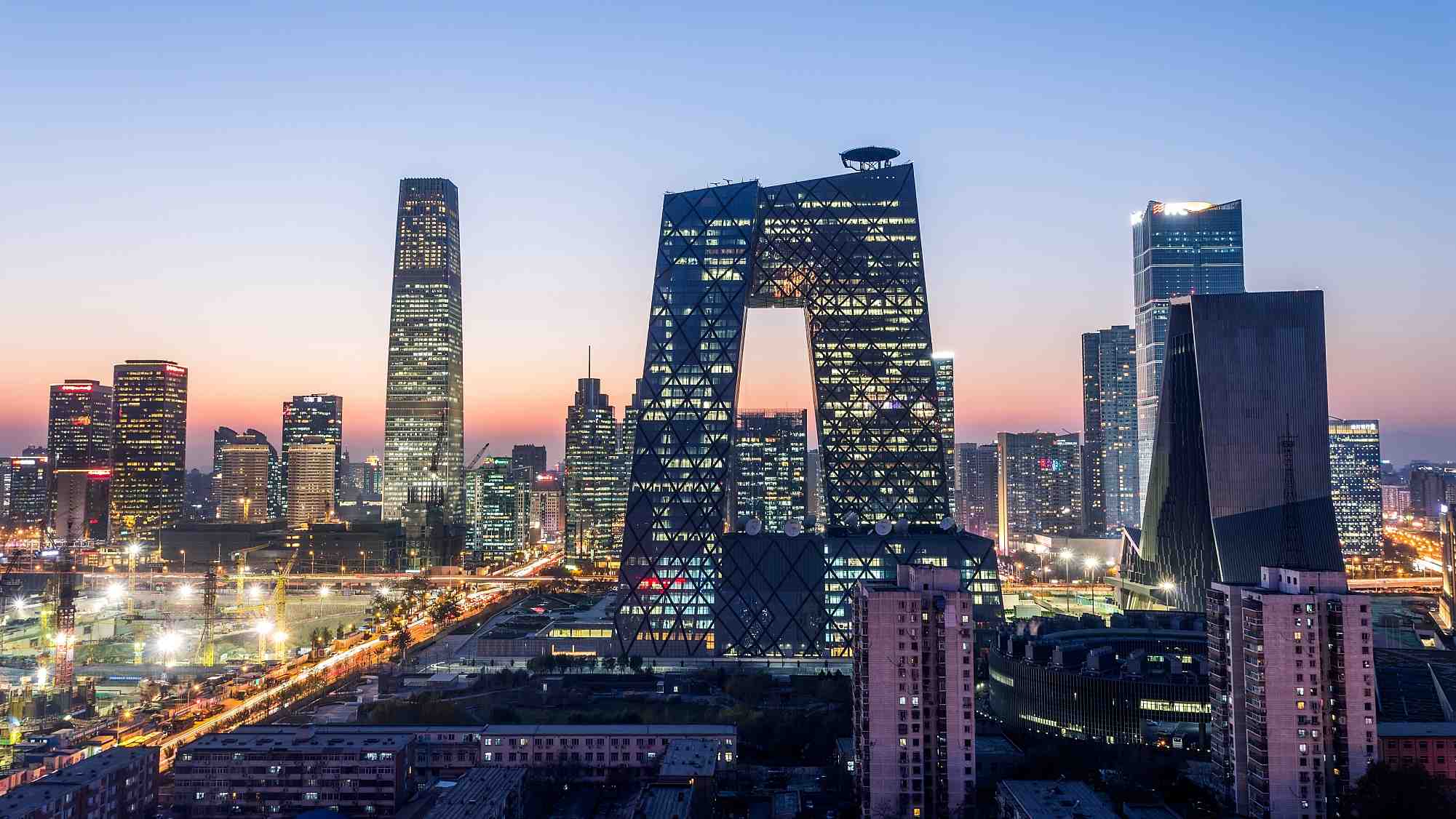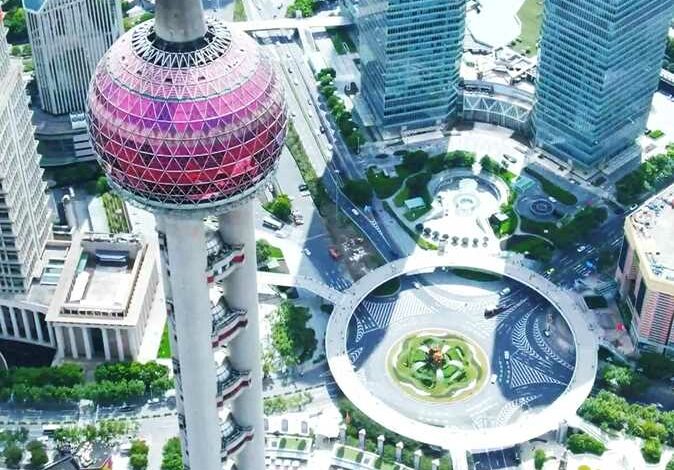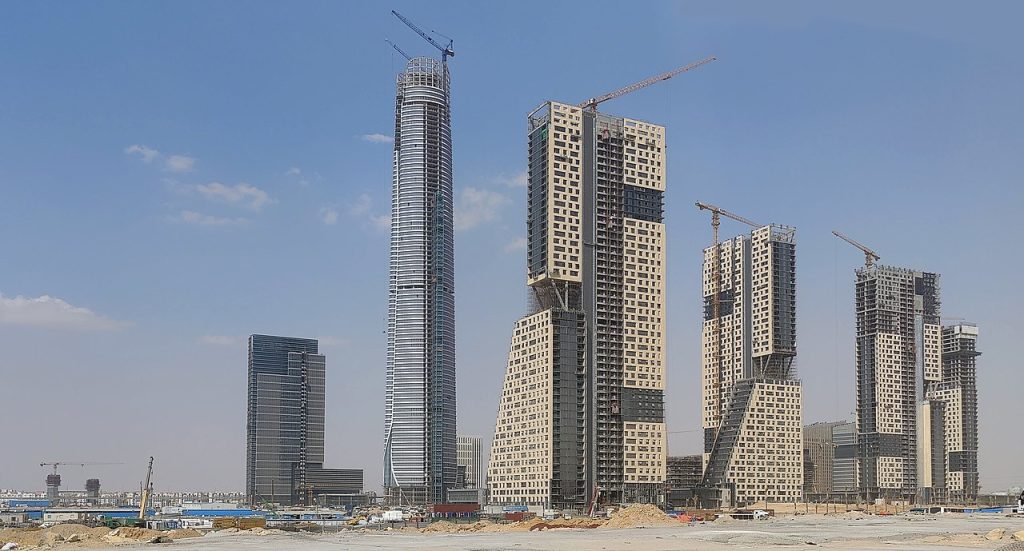
By Edson Baraukwa | Africa Guardian
The China-Africa Summit, a three-day event in Beijing, aims to foster joint development between China and Africa under the Belt and Road Initiative (BRI). A key focus of the summit will be aligning development strategies for African countries and enhancing connectivity to promote modernization and build a future-oriented society.
China’s interest in Africa has grown significantly, driven by large-scale investments in “Global South” countries, which supply essential minerals and raw materials. Under President Xi Jinping, China has also invested heavily in infrastructure and major projects to advance the Belt and Road Initiative.
Launched 11 years ago, the BRI is an international development strategy designed to enhance economic cooperation among Asia, Europe, Africa, and Arab countries. It promotes trade, investment, economic growth, and regional development while also fostering cultural and political cooperation. The initiative seeks to encourage a multipolar world order, moving away from unipolar dominance.
Through international cooperation facilitated by the BRI, China aims to contribute to global peace and stability, including combating terrorism. The New Silk Road has intensified economic ties with Africa, with the Maritime Silk Road passing along the East African coast on the Indian Ocean.
The China-Africa Summit, held every three years as part of the “China-Africa Cooperation” Forum, is a critical platform for discussing key issues and attracting more Chinese investment in exchange for access to Africa’s resources. The relationship between China and Africa is built on mutual benefit and respect for national sovereignty.
China has also played a crucial role in international diplomacy, such as opposing the Israeli actions in Gaza and mediating reconciliation among Palestinian factions through the “Beijing Declaration.” Domestically, China has lifted nearly 100 million people out of poverty and continues to invest billions in Africa to accelerate its economic growth without imposing political conditions.
The BRI also involves the development of the Silk Road Economic Belt, which links China to Europe by land, and the Maritime Silk Road, which enhances maritime cooperation with Southeast Asian countries. These routes have facilitated significant infrastructure investments, including power plants, and oil and gas pipelines, with China collaborating with governments and local companies worldwide.
China’s role in international organizations, like the Shanghai Cooperation Organization, further illustrates its commitment to global security and economic cooperation. This organization, representing nearly half the world’s population, aims to enhance regional security, political trust, and combat threats such as terrorism, separatism, and extremism.
The BRI extends beyond infrastructure investments to include technology transfer, promoting innovations like robotics and electric vehicles that support sustainable development. In Egypt, the “At the Top of the Pyramids” exhibition at the Shanghai Museum exemplifies cultural cooperation, aiming to boost tourism and introduce Chinese visitors to Egypt’s rich heritage.
Critics of the China-Africa summit often come from former colonial powers in Africa that have not facilitated the continent’s progress. In contrast, China’s approach focuses on economic cooperation and development. For instance, Egypt was the first Arab and African country to recognize the People’s Republic of China in 1956, and the two nations have a long-standing partnership.
Egypt, with its strategic location and resources, plays a pivotal role in China’s BRI. The Suez Canal serves as a key gateway for the Maritime Silk Road, facilitating trade between East and West. This collaboration extends to sectors like tourism, space exploration, and technology.
As the Belt and Road Initiative continues to evolve, it is expected to lower transportation costs and increase trade between China, Africa, and the Arab world. China’s vision includes doubling its trade with the Arab world to over $600 billion and achieving Egypt’s 2030 development goals. The deepening ties between China and Africa highlight their shared ambition to shape the future through mutual cooperation and respect for each other’s unique cultural and historical legacies.
___


